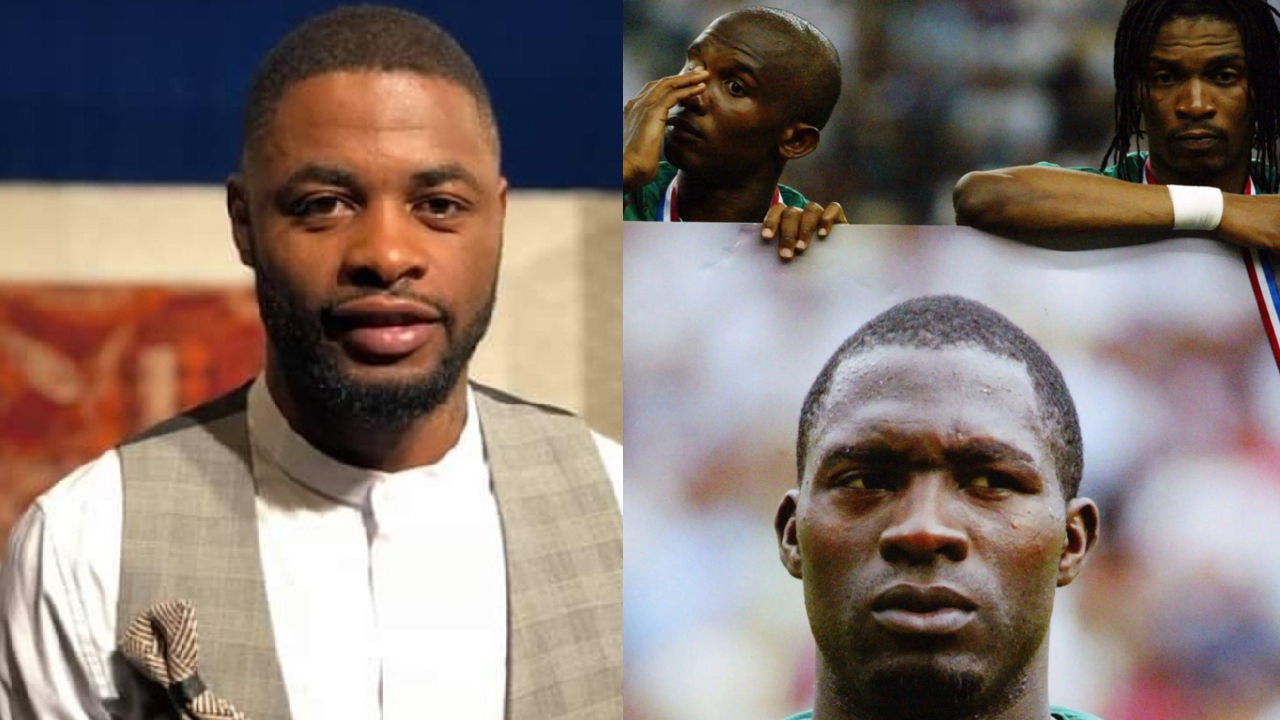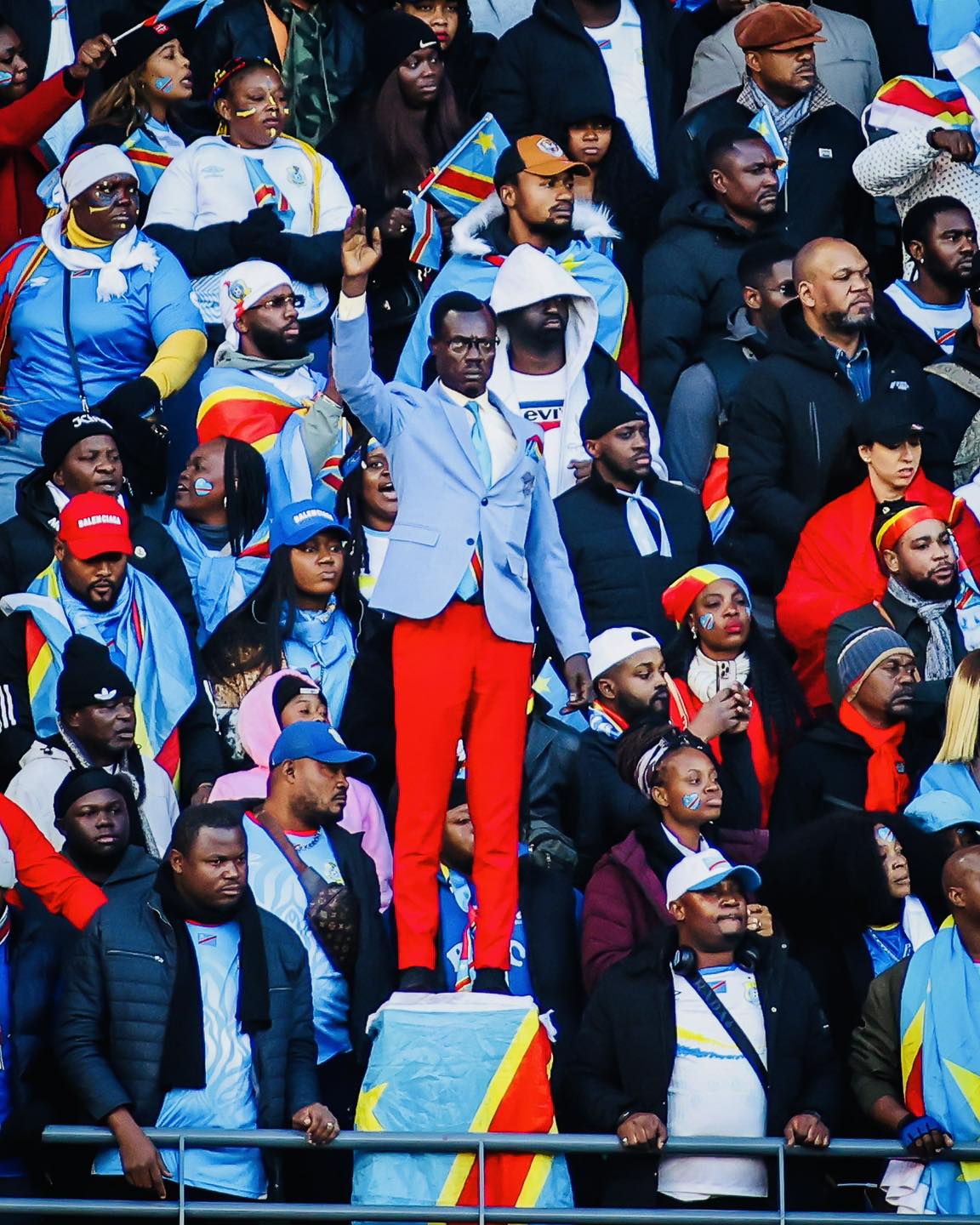Former Indomitable Lions midfielder Alexandre Song has ignited debate in Cameroonian football circles with his recent remarks regarding the nation’s legendary midfielders. In an interview with Passion Foot Invest, the ex-Arsenal star, who has remained a prominent figure in sports commentary, notably dismissed the late Marc-Vivien Foé from his list of the best midfielders in Cameroon’s history.
At 37 years old, Song continues to make headlines, leveraging his experience from a distinguished playing career that includes stints with Arsenal and FC Barcelona.
With 49 caps for Cameroon between 2008 and 2014, he has transitioned into a role as a sports consultant, frequently sharing his insights on major sporting events, particularly those involving the Indomitable Lions.
In his recent comments, Song did not hold back when discussing Foé, who tragically passed away during a match in 2003.
While many fans revere Foé for his contributions and achievements, Song offered a different perspective. “I say the late Foé, he was a great player, but he was not better than Sergent (Makoun),” he stated.
He went on to argue that Foé’s acclaim is largely attributed to his successes rather than his overall play. “He did not play more than Modeste Mbami. Cameroonians say that Foé was the best midfielder because he won, but in terms of play… For me, Sergent is better than him in the national team,” Song asserted.
Song’s remarks come at a time when there is considerable focus on the future of Cameroonian football, particularly with the emergence of young talent like Carlos Baleba, who is gaining attention for his potential at Manchester City.
Many supporters believe that such a player profile has long been needed for the Indomitable Lions, a sentiment that adds weight to Song’s evaluations.
His comments are likely to stir further discussion among fans and analysts alike, as they highlight the often-contentious nature of defining greatness in football.
With a history rich in midfield talent, Cameroon’s football narrative encompasses figures like Foé, Makoun, and Mbami, each leaving their mark on the game in different ways.
As Song continues to make media appearances, his opinions are sure to generate buzz, especially given the emotional connection many have to the players of the past.
While some may support his viewpoint, others will likely defend Foé’s legacy, illustrating the complex relationship between history, memory, and the evolution of footballing talent in Cameroon.
In the end, Alexandre Song’s provocative statements serve not only to engage fans but also to encourage deeper reflection on the country’s football heritage and the criteria by which its stars are remembered.
As discussions unfold, the debate over who truly deserves recognition among Cameroon’s midfield greats is far from settled.











